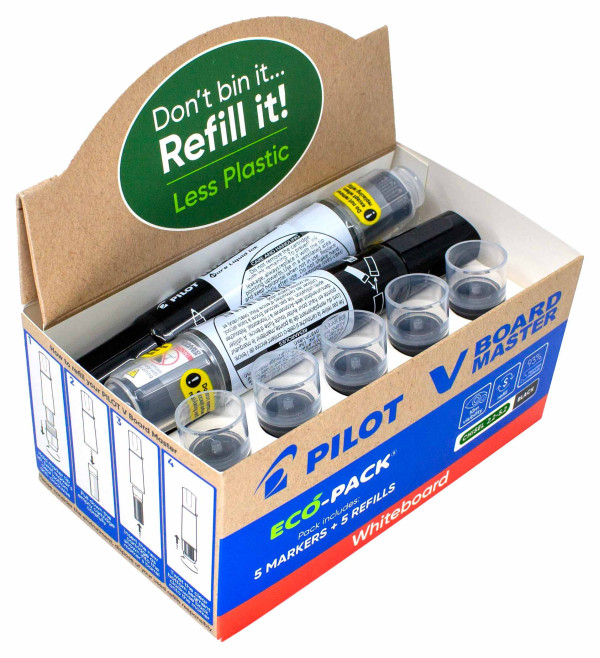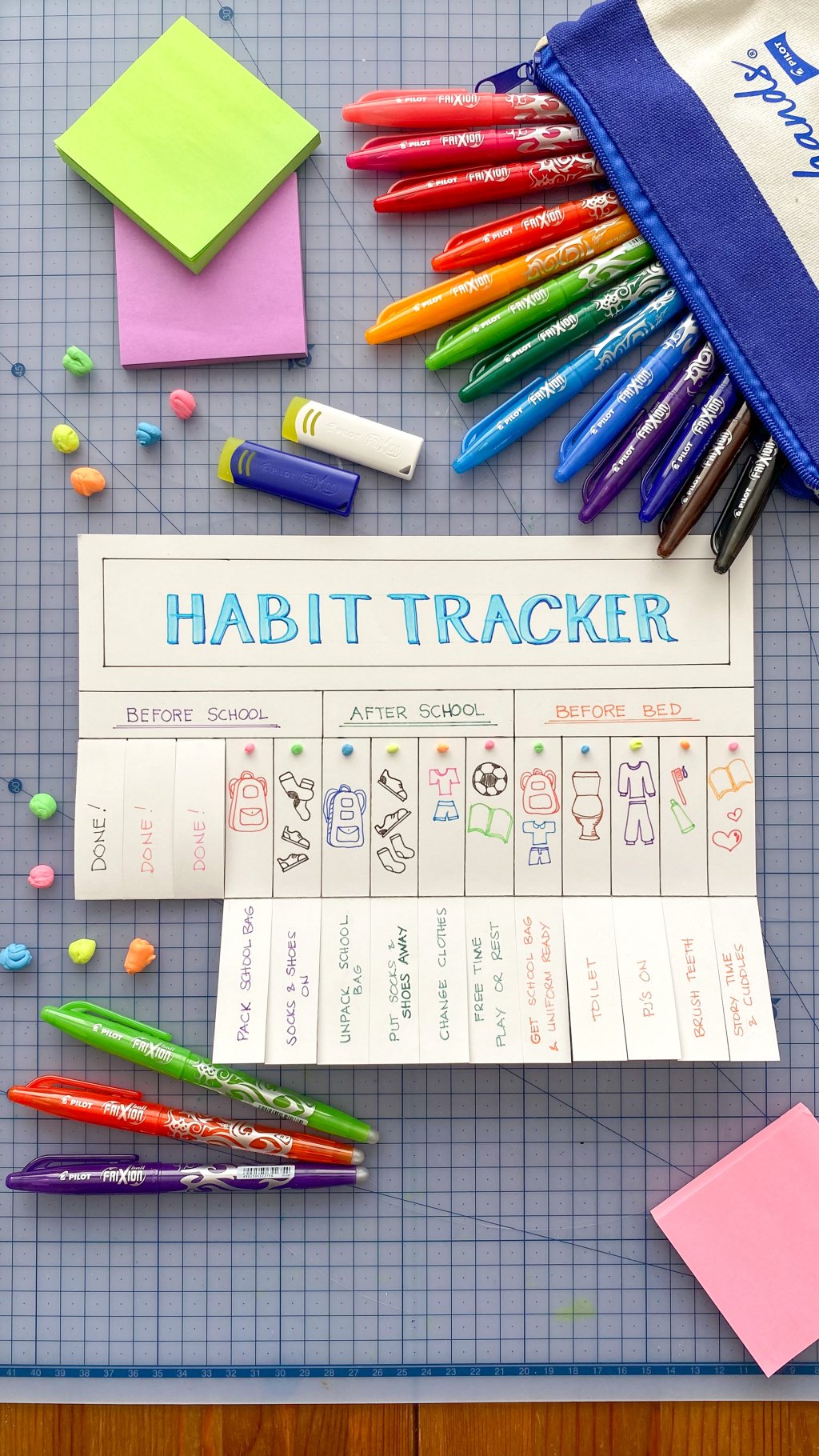This makes it far too easy to let days slip by unnoticed, but we can still rejuvenate our spirits, even amidst the chaos. Taking just a few moments for ourselves can help us appreciate the little joys and slow things down, just a little bit.
So without further ado, here’s how the simple act of writing by hand can help us be more mindful.
What is Mindfulness and Why Does it Matter?
Mindfulness is about tuning into the richness of the present moment. It's about noticing the subtle details—the gentle breeze, the soft sunlight, or the quiet rhythm of your breath—that often go unnoticed in our busy lives.
Mindfulness can sound like hard work, but it can also help to reduce burnout, stress, and anxiety. This is backed by over 200 studies, which also indicate that it can help manage addictions, depression, and even pain.
What’s more, mindfulness is accessible to anyone from anywhere. You can start practising mindfulness at home, at work, in the shops - wherever you go, this practice accompanies you.
But how does the act of putting pen to paper factor in?
Handwriting as a Natural Mindfulness Practice
While typing is a fairly passive activity, handwriting is an active process. The deliberate movements required to form each letter engage our senses and our minds in a way that typing simply cannot.
While you can certainly practice mindfulness while typing, handwriting offers a deeper engagement of your senses and helps to calm your mind. The tactile experience of writing can be incredibly soothing, helping you to let go of stress and anxiety. By slowing down and focusing on the process, you can tap into a deeper sense of peace and clarity.

The Benefits of Writing by Hand
Several studies suggest that writing by hand better helps to soothe stress, promote mental health, and even reduce the effects of brain aging. The psychological benefits suggested by these studies state that writing helps to manage the everyday stresses of life.
This is because writing activates more of your brain, requiring fine motor skills and tactile skills - to name a few. The kind of skills that digital devices simply don’t require from the brain.
Furthermore, writing by hand can also help to retain information better, so if you’re studying for a test or processing important information consider writing it down.

Practical Ways to Start Mindful Writing
So, you're ready to dive into the world of mindful writing. But how do you overcome the blank page? What do you write about when your mind is a blank slate?
Here are a few practical tips that can get you going.
Create a Mindful Space
Start by creating a clean, distraction-free space for you to sit down and write. You don’t have to have a separate room for this, you can also have a separate space in your office. One example of how easy this can be is, if you have an L-shaped desk, simply turn away from your monitor and use the smaller leg of the desk to write.
You might also set up a space in your dining room to write, or even on your verandah. Having little to no distractions is ideal, but sometimes we will need to make the best of what we have. As long as you can focus your mind on the page before you, you’ll be able to relax and enjoy this activity no matter your surroundings.
What Do I Write About?
Here’s where things get a little more tricky, but with a few simple prompts, you'll be surprised how quickly the words start to flow. Let’s start with three simple exercises.
Gratitude Journaling: This is the practice of writing down a few things you’re grateful for every day. We have an entire blog post about gratitude journaling in case you’d like to learn more.
Freewriting: This type of writing starts with a thought. Write down whatever comes to mind, and just settle into the flow of writing while staying present in the moment. Engage every sense - what do you hear, see, smell, and feel as you keep writing?
Reflective Prompts: Here you can react to any of a number of prompts. Examples include: what brought me joy today, what could I have done differently today, what made this day unique, etc.
Form the Habit
When you write at roughly the same time every day, you’ll also find that words appear more readily on the page. The more you practice, the easier it will become to tap into your inner thoughts and let the words flow.
This is all part of forming a new habit, which can only be done with consistency. Find a spot in your day when you’ll be able to dedicate 10-15 minutes of mindful writing time and then stick to it. You’ll soon find yourself looking forward to this time slot, and may even long for it, should some unforeseen circumstance prevent you from writing for a day.
While it may be tempting on some days to skip a day, do your best not to - especially during the early phases of building this habit. Staying consistent is key to reaping the benefits of mindful practices, including better sleep, better focus, reduced stress, etc.
It Starts With One Day
If you’re looking to bring more mindfulness into your day and love the idea of using mindful writing as a regular practice, the most important step is simply to begin.
You don’t need a picture-perfect space, fancy tools, or complete quiet. While these can make the experience more enjoyable, they aren’t essential. Mindful writing is all about embracing the moment, even if it’s just a few minutes here and there.
As you make mindful writing a habit, you’ll likely find it becomes a treasured part of your routine, offering you a small pocket of calm and focus. And when life interrupts, take it as an opportunity to recenter yourself. With a few deep breaths, you can return to your writing and continue the practice with renewed intention.
Enhance your mindful writing practice by selecting quality tools that feel good in your hands and that you will reach for each day. PILOT pens are designed to provide smooth, consistent writing, making it easy to stay focused and in the moment. Their comfortable designs and effortless flow help reduce distractions, allowing you to fully immerse yourself in the mindfulness of putting pen to paper.
Disclaimer: This article does not serve as professional mental health advice. If you’re feeling overwhelmed or not quite yourself, support is available. Reach out to Lifeline Australia on 13 11 14 any time, or visit Beyond Blue for helpful resources.
About Author
Stephanie Janolo
At Pilot Pen Australia, she bridges the gap between digital and timeless writing instruments. Beyond the realm of pixels and algorithms, her inspiration strikes in the form of art, museums and lyrical narratives of Taylor Swift.






